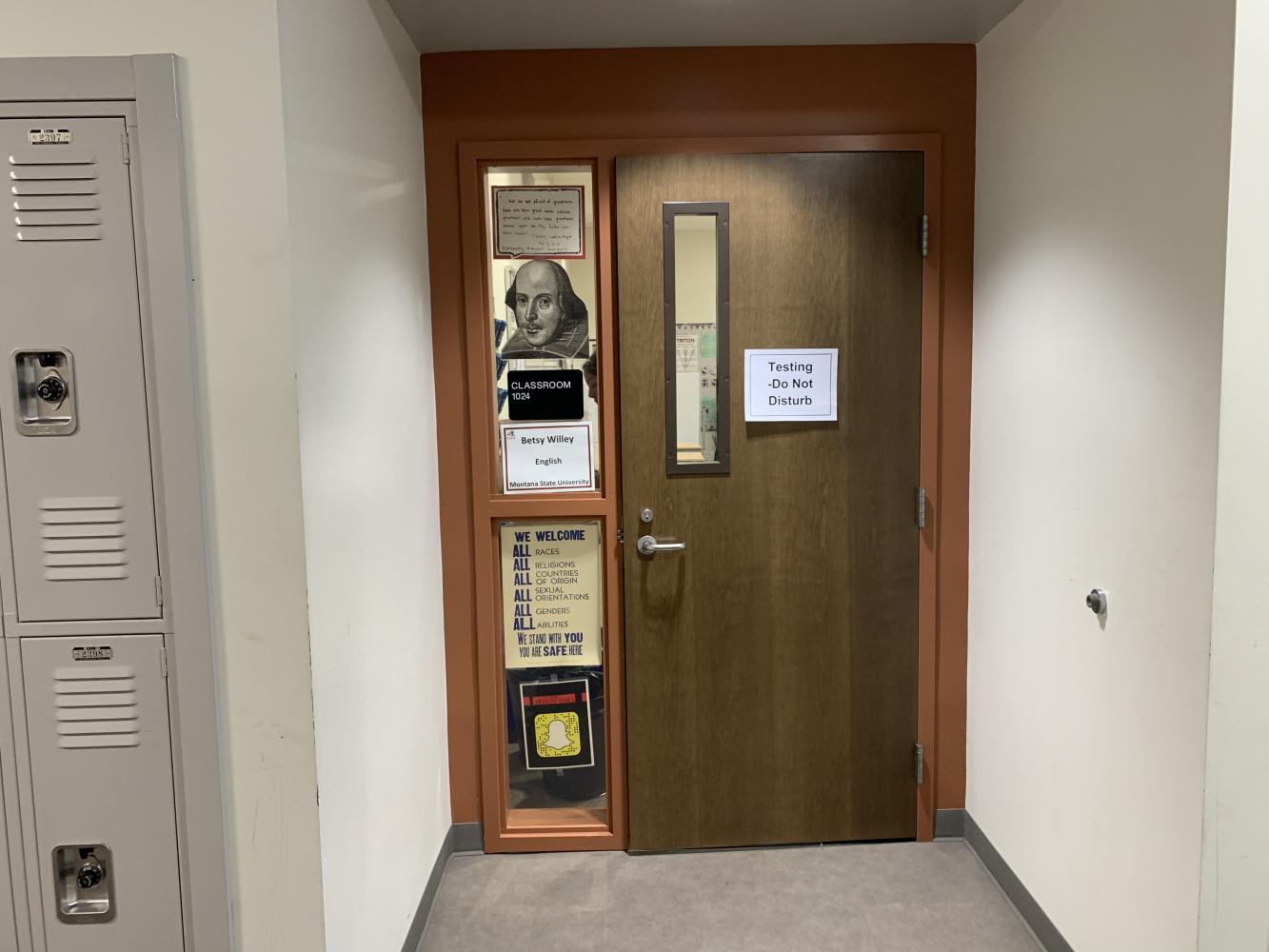
By: Mia Costales | Writer
March 5, 2020
As state testing approaches, students anxiously anticipate hours of sitting behind a computer reading literary passages and calculating mathematical equations. The proposition of incentives such as pizza parties, or in San Clemente High School’s case, ice cream sandwiches, are thrown about to in hopes, motivate students to try their best. This may sound like a great idea to those who believe in a reward system, but for others it’s more of a bribe than a reward.
On one hand, incentives drive students to do well on state testing because they reward well-deserved hard work. The idea of only giving rewards to those who receive good test scores allows students to strive for getting the best scores they can, while students who don’t bother trying, do not receive the same rewards. These incentives give students something to aim for and look forward to, while also associating hard work and adequate test scores with a rewarding feeling rather than a mediocre accomplishment.
For many students, incentives only drive them to try harder during testing.
“I think that incentives are a good idea for students to reach their maximum potential and show how SCHS can rise in academics,” San Clemente High School junior Rachel Pattin said. “But at the same time, I think more people like myself are inclined to do better by the fact that some colleges are looking at the scores.”

However, many students take these incentives as childish bribes to do better on testing. Students that were probably going to try regardless of the rewards, will continue to get good scores and students who decided to put in the least amount of effort will not change their mindset because of a small reward like pizza or ice cream. Thus, most of the time these incentives don’t make much of a difference. The fact that some colleges may look at state testing scores seems to be the driving force in most student’s decision to try or not. And all the same, those who are not planning on going to college will continue to blow off these tests because in their mind it doesn’t matter.
“I think that the motivation to be successful should be there, teachers should not have to bribe students to try,” SCHS junior Makena Coury said. “We should try and represent our school in the best way we can and trying our best on the tests will help us show that we are smart and capable students.”
The debate about whether students need incentives to do well on state testing still stands, as some believe they truly help motivate students, meanwhile others feel they are basically pointless. However, more focus should be placed on the relationship between those planning on attending college and state testing scores rather than if incentives actually raise test scores.

Having an incentive to do well on the state testing was an interesting choice for the school to make. I completely agree with the idea that those who would have tried will try and those who wouldn’t have tried won’t, even if they miss out on ice cream. People also shouldn’t count on rewards for standard work, and if the school encourages this mentality, it could be dangerous as students may disregard their other work as “not worth it” without a promised reward at the end.
I agree with Gisele! The incentive to do well on state testing should be getting good test scores, not physical rewards such as ice cream. That being said, I’m not completely against the idea of an ice cream party at the end of state testing. I think it’s a good idea, but it should be presented as a way to congratulate students on getting through the doubtlessly draining testing, not an incentive to preform better.